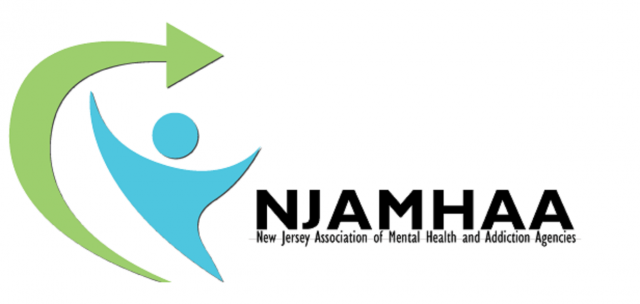February 7, 2025
Recent and ongoing stressful situations locally, nationwide and across the world are having a substantial, negative impact on mental health for individuals of all ages. Though community-based services have been proven to be not only extremely impactful, but also cost-effective, funding continues to be insufficient and has resulted in reduced access due to high rates of staff turnover. The FY2026 State Budget must not only avoid funding cuts, but also include significantly increased funding for the behavioral healthcare and intellectual and developmental disabilities (IDD) systems for children, youth, adults and families to give all New Jersey residents the opportunities for wellbeing and success they deserve. To raise awareness of the tremendous impact of these services and secure Governor Phil Murphy and the State Legislature’s support as they develop the budget, NJAMHAA and fellow advocates will hold a virtual press conference, New Jerseyans Cannot Wait any Longer for Life-Affirming Care; Greater Investment Is Needed in Community Services, on Monday, February 10, 2025 from 10:30 a.m. to 11:30 a.m.
Behavioral healthcare services include mental health care, substance use treatment, support for managing the impact of IDD and services to address social determinants of health (housing, food, transportation, education, employment and access to physical and behavioral health care). All of these services are essential and have been proven to save lives and greatly enhance quality of life.
“With the unprecedented levels of anxiety, depression, other mental illnesses, suicides and overdoses that continue to adversely affect the children, youth and adults of our State, mental health and substance use treatment and supports must be a top priority,” stressed Debra L. Wentz, PhD, President and CEO of NJAMHAA. “Staff are carrying larger caseloads and greater responsibilities and, as a result, facing their own mental health, financial and work/life balance challenges. In addition, they recently had to take on additional administrative responsibilities required by the further integration of behavioral healthcare services into Medicaid managed care that began on January 1st. Community-based behavioral healthcare providers in New Jersey already operate on razor-thin margins. The additional demands imposed by the carve-in threaten this fragile balance.”
“These investments are needed not only for individuals’ wellbeing and potential for success, but also the state’s bottom line, as community-based services prevent the need for much more costly emergency room visits, hospitalizations, incarcerations, and treatment for life-long comorbidities,” Dr. Wentz added.
Media representatives: Please write to Shauna Moses, Vice President, Public Affairs and Member Services, NJAMHAA, at smoses@njamhaa.org to receive the Zoom link to participate in the press conference. Thank you.



